Trump–Orban Summit
"Only two more nights to wait," the minister said, "and Donald Trump will hold a summit meeting with Viktor Orban. The two leaders see each other as political allies. President Trump has always spoken of Prime Minister Orban with great respect whether they agree on specific issues or not. Their conversations are those of two sovereign leaders," Janos Boka stated.
This is not a case of the Hungarian prime minister traveling to Washington to ask Trump for something or to seek permission. It is a meeting between the heads of two sovereign nations, discussing global issues and looking for common ground for cooperation. The fact that they plan to host the Hungarian prime minister at the Blair House is, in my view, a symbol of this,
the minister emphasized.
"The American President is, through and through, a politician and a communicator. Everything he says and does — the words he chooses, the way he acts — carries meaning. It is worth paying close attention," he said.
I believe President Trump holds the Hungarian prime minister in high esteem, regards him as a political ally and a fellow fighter. Today Hungary is the only genuine political ally of the United States within the European Union. Everyone else, regardless of what they say publicly, is working to undermine or resist the American President’s initiatives, particularly those aimed at achieving peace,
the minister underscored.
Janos Boka took the view that "from the very beginning, Brussels has sought to disrupt this kind of alliance and partnership between President Trump and the Hungarian Prime Minister—to break that connection and to detach Hungary and its leader from President Trump."
"Brussels, meanwhile, has a vested interest in ensuring that the war in Ukraine continues," he concluded.
Tisza Party’s Data Scandal
Fresh, exclusive information appeared this morning in Magyar Nemzet from an internal Tisza Party group. It was exposed that Peter Magyar has lied about several issues in recent days concerning the data breach scandal
In my opinion, this is a global scandal. Here we have two hundred thousand Hungarian citizens whose most sensitive personal data not only became public but, before that, quite possibly were already in the hands of many people in Kyiv,
the minister said, emphasizing that this is outrageous in itself and raises very serious questions. "As far as I know, the competent authorities are already investigating these questions, and we will soon learn more about exactly what happened and how such a level of data misuse could have taken place," he said. "But let me note," he continued, "that we are talking about the Tisza Party, a party that is preparing to govern. If a political movement cannot securely manage the personal data of its own supporters, how could it be trusted to handle information of national security importance, as a government must?"
How could we represent Hungarian interests in Brussels if, say, the Hungarian position were to be read first in Kyiv before our own diplomats in Brussels? A state simply cannot function when data that should never become public, and never fall into unauthorized hands, end up exactly there. Moreover, they end up in a country that we know is conducting active intelligence operations on Hungarian soil.
"Peter Magyar handed over the sensitive data of 200,000 Hungarians on a silver platter through Ukrainian developers. The database didn’t even need to be hacked," he remarked, noting that the application was developed with Ukrainian involvement, giving them direct access to the data.
Muslim Mayor Elected to Lead New York
Zohran Mamdani, a dual Ugandan–American citizen, has been elected mayor of New York in the past hours. He is the city’s first Muslim mayor, coming to power with the most progressive promises—and by a large margin. A huge political clash is expected to unfold between Trump and Mamdani.
This will be a civilizational struggle. The political and ideological conflict will rise to a new level and concentrate in New York. From there, we will witness many exciting developments in the coming months. Many people from Europe traveled there on election day, indicating the global significance of the event,
Janos Boka said, pointing out that the network that used to be a leftist–liberal intellectual alliance, spanning the US and Europe, has clearly shifted toward the progressive, radical left. "We can expect the opinion-shapers, media, and research institutes of this network to follow the same line toward the progressive left. We must prepare for a cultural and political battle in Europe as well. They are already studying how to import their topics, methods, communication tools, and community organizing techniques into Europe," he warned. "We must be ready. This is a struggle we will also have to fight here."
No victory is final, and no defeat is fatal. The political network that suffered defeat in the United States did not disappear. It is entirely true that many of its people, its positions, and its financial resources have been transferred to Europe, with part of their funding now taken over by the European Commission. And, of course, the expectation now after such a clear political loss is that this system needs to redesign redesign itself,
Janos Boka said in conclusion.
Cover photo: Minister for European Union Affairs Janos Boka speaking at a government press conference at the Carmelite Monastery, September 11, 2025 (Photo: MTI/Noemi Bruzak)
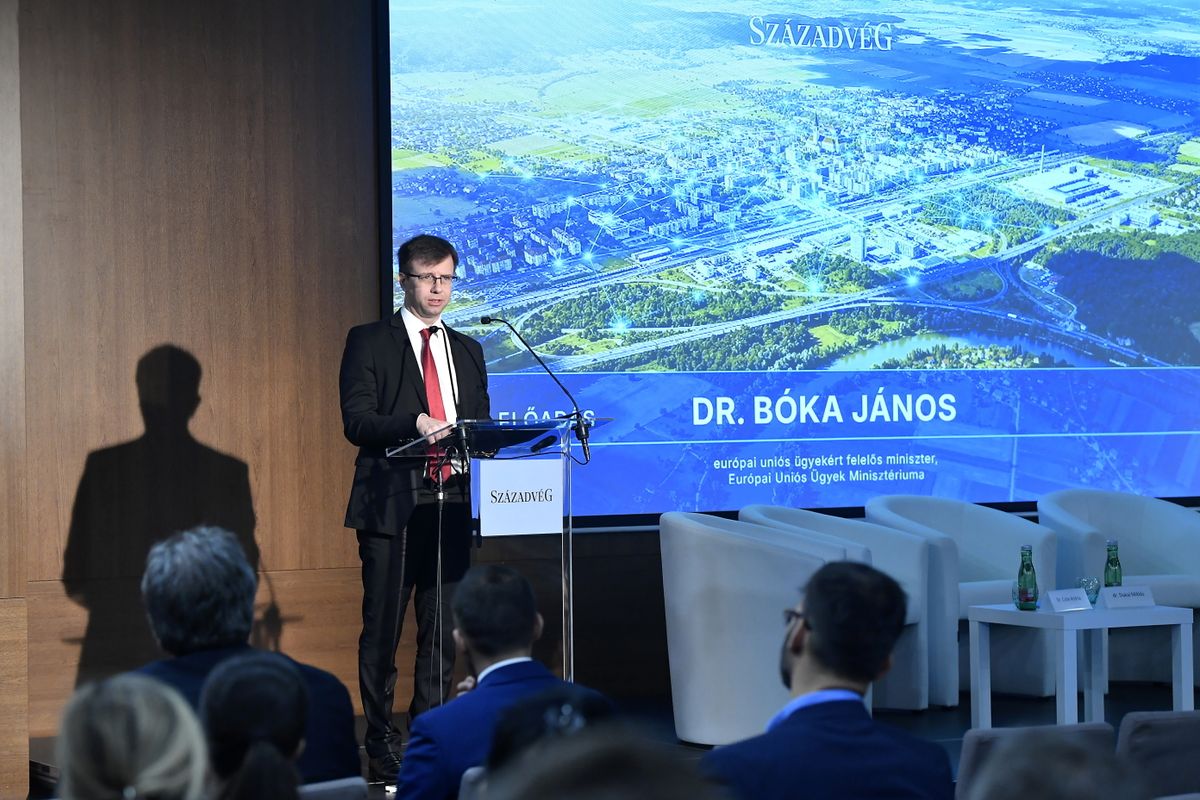
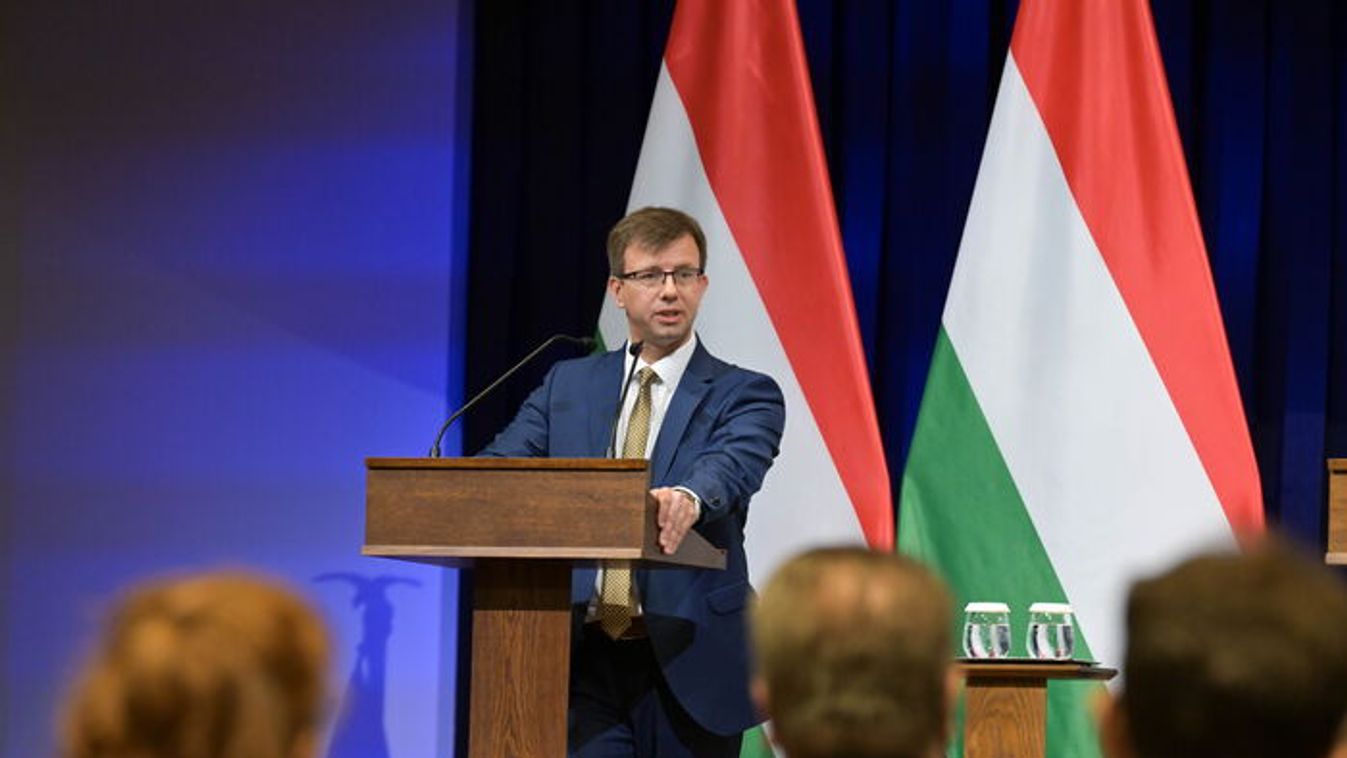





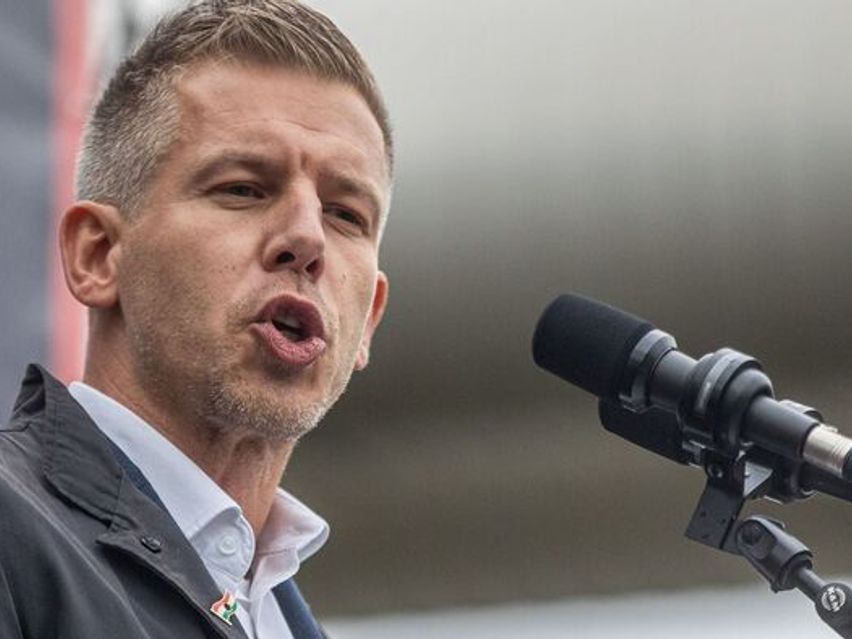




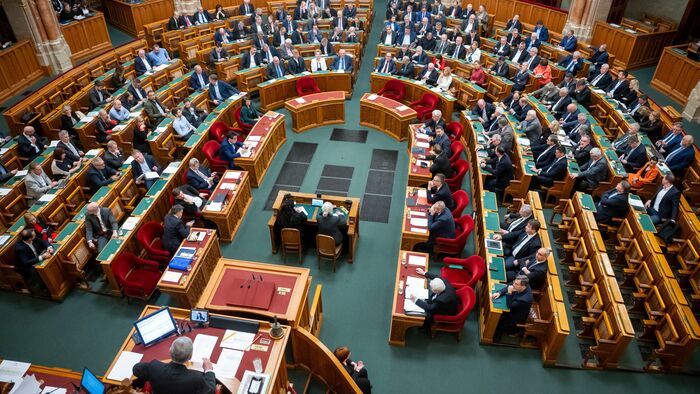
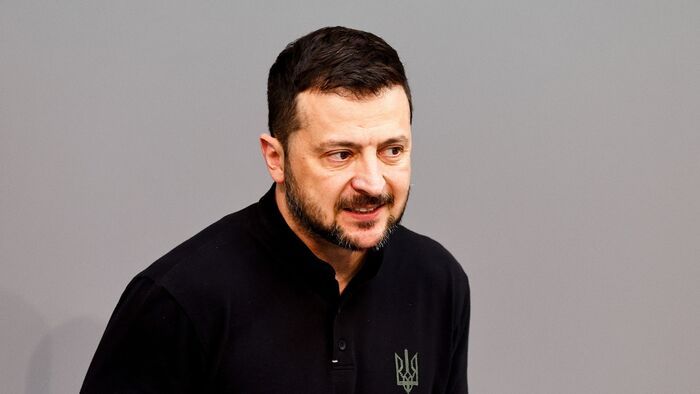




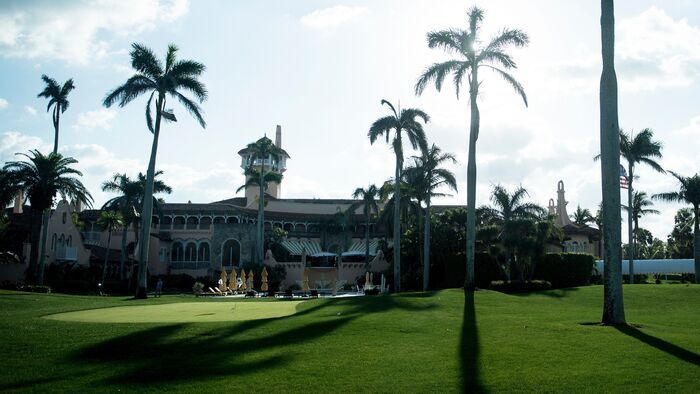

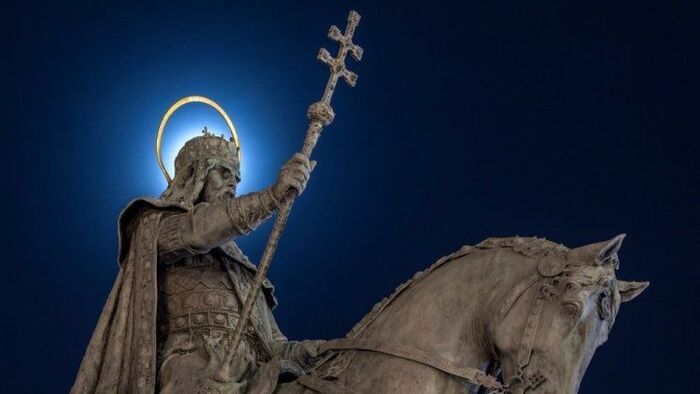
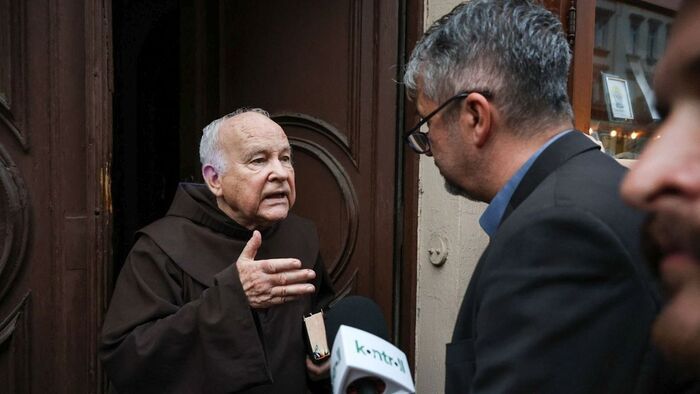


Szóljon hozzá!
Jelenleg csak a hozzászólások egy kis részét látja. Hozzászóláshoz és a további kommentek megtekintéséhez lépjen be, vagy regisztráljon!